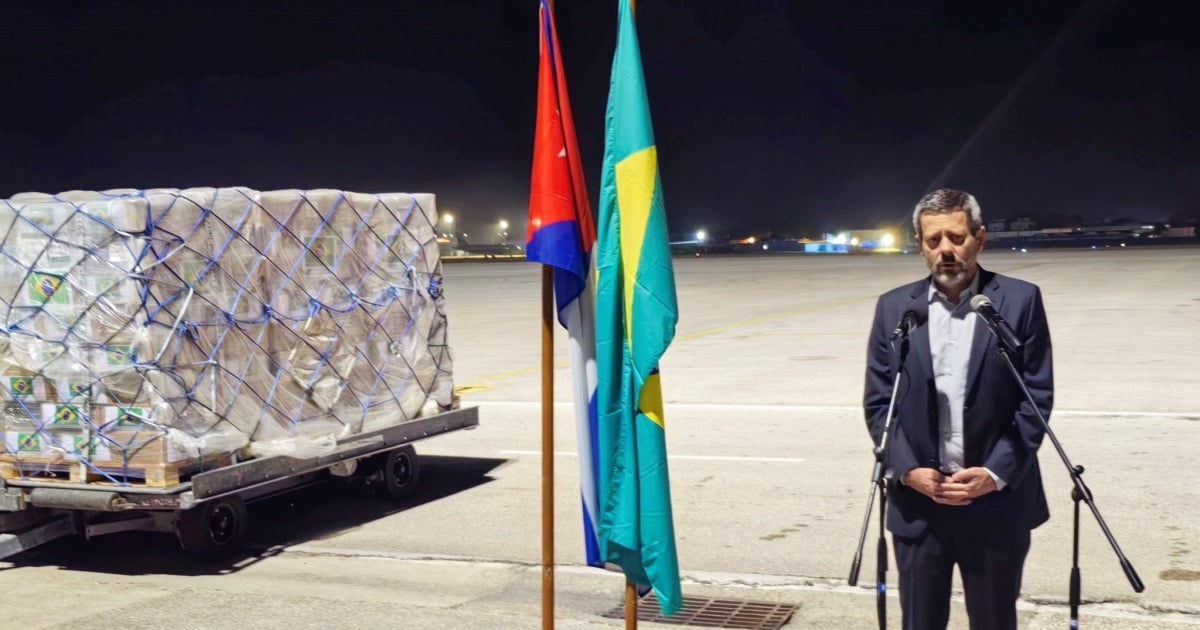Recently, Cuba received a shipment of humanitarian aid from Brazil, intended to provide relief to those affected by the recent hurricanes that have wreaked havoc across several provinces. The shipment consists of 10 tons of dehydrated food, and complements the 30 water purification units previously donated by Brazil, according to reports from the state-controlled media.
The Brazilian ambassador in Havana, Christian Vargas, announced that another batch of aid, including kits for installing solar panels and medications, is expected to arrive soon. Deborah Rivas, Cuba's Deputy Minister of Foreign Trade and Foreign Investment, expressed gratitude for the contributions from the South American giant and also mentioned the recent shipment of powdered milk following the storms.
This act of solidarity highlights Cuba's reliance on international aid to cope with the continuous crises plaguing the Caribbean nation. In the past month and a half, the island has faced a series of calamities including two cyclones, two significant earthquakes, and two total blackouts, exacerbating the already dire economic, food, and energy situation.
An Outpouring of Humanitarian Support: Will It Reach Those in Need?
Governments from countries like Mexico, Japan, Russia, and Venezuela, along with multilateral organizations and non-governmental organizations, have announced significant donations to address the most urgent needs of the country, where the population teeters on the brink of desperation.
The European Union and the United Nations have sent 94 tons of medications and medical supplies, while Venezuela has committed to providing 300 tons of aid. Spain contributed nine tons, Japan supplied materials valued at $160,000, and Norway channeled $600,000 through the UN’s Central Emergency Response Fund.
Additionally, Slovakia sent 40 tons of powdered milk via the World Food Program. China extended humanitarian assistance and sent Liu Junfeng, the vice president of the National Agency for International Cooperation for Development (CIDCA), who met with the Cuban leader Miguel Díaz-Canel and other officials.
The International Red Cross stood out among NGOs, delivering 24 tons of aid, while solidarity groups abroad have made significant contributions. In response to severe blackouts, several countries have included energy supplies in their donations. Mexico, led by President Claudia Sheinbaum, sent 400,000 barrels of crude oil; Russia pledged 80,000 tons of diesel and equipment for Cuba's electrical system valued at $62 million.
Amidst this turmoil, the Cuban government anticipates another GDP contraction, following a 1.9% decline in 2023.
